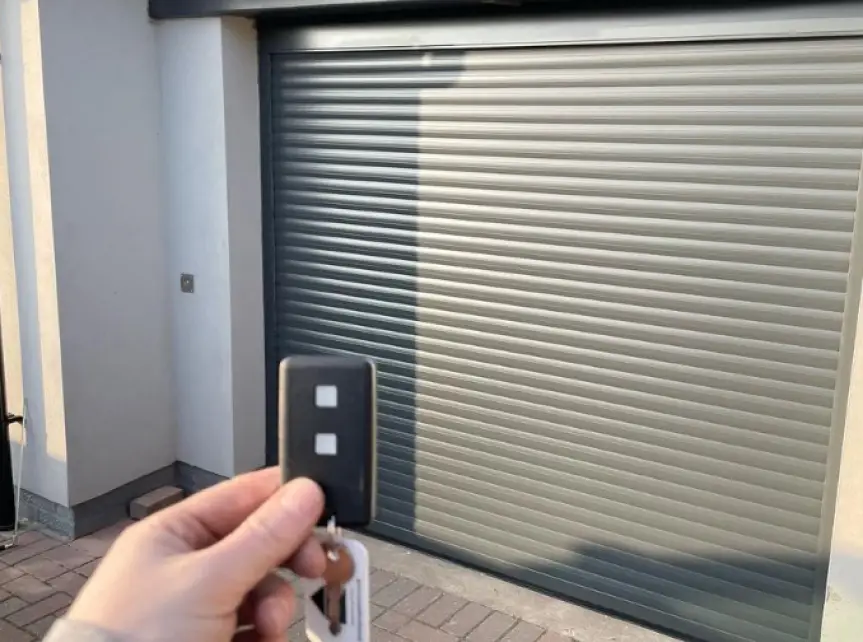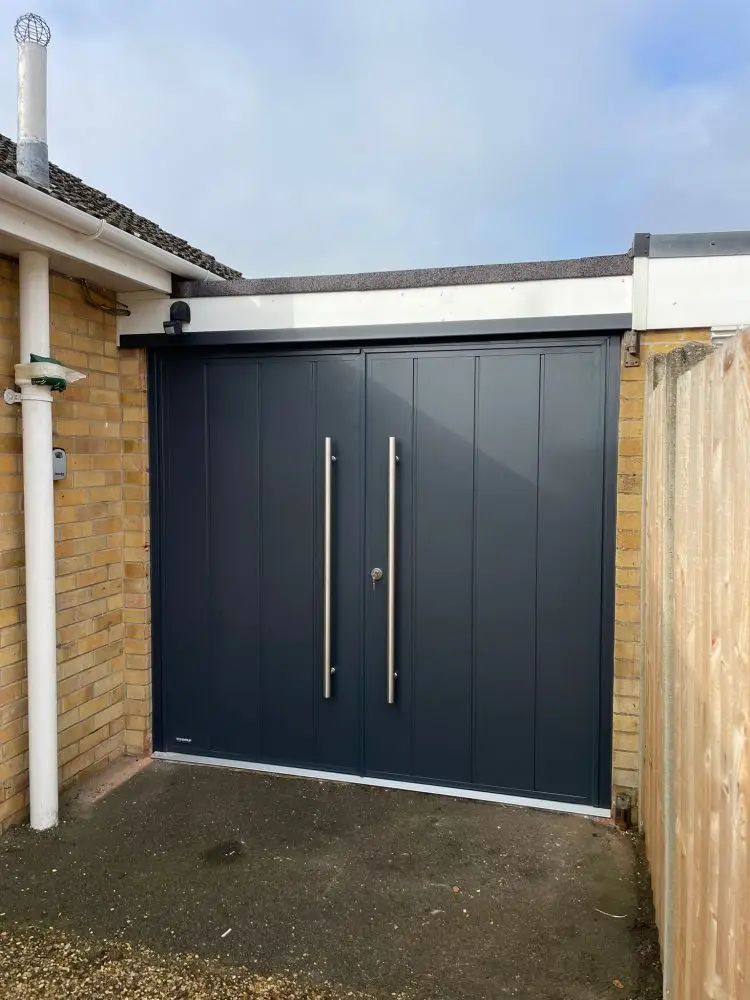A garage door is a vital feature of any home, offering both practicality and aesthetic value. If you’re wondering whether it’s time to replace yours, there are several key factors to consider, such as safety, efficiency, appearance, and cost. This guide will help you decide whether a new garage door is the right investment for your property.
Signs You Should Replace Your Garage Door
Frequent Breakdowns and Repairs
If your garage door often needs repairs, it might be more economical to replace it. Ongoing breakdowns not only strain your wallet but also disrupt your daily routine, especially if the door fails at a critical time.
Signs to watch for:
- The motor or opener regularly malfunctions.
- Panels or tracks don’t align correctly.
- Repairs seem to be a recurring issue despite fixes.
Outdated Design or Appearance
A garage door makes up a significant portion of your home’s exterior. If it looks dated or worn, it can diminish your property’s curb appeal and market value.
Consider replacing if:
- The style no longer complements your home.
- There are visible issues such as dents, rust, or peeling paint.
- You want a modernised look with updated materials.
Lack of Safety Features
Older garage doors might not meet today’s safety standards, potentially putting your family and property at risk.
Safety concerns include:
- Absence of auto-reverse mechanisms or motion sensors.
- Cables or springs showing signs of wear or weakness.
- The door fails to stop or reverse when obstructed.
Benefits of Replacing Your Garage Door
Improved Home Security
Modern garage doors are constructed with stronger materials and advanced locking systems, making them more resistant to break-ins.
Enhanced Energy Efficiency
Newer models often include insulation, helping to regulate temperature and reduce energy bills. This can be particularly beneficial if your garage is attached to your home or doubles as a workspace.
Boosted Property Value
Replacing your garage door can significantly increase your home’s resale value. According to property experts, it offers one of the highest returns on investment (ROI) among home improvement projects.
Quieter Operation
Many older garage doors produce loud, disruptive noises when operating. Newer models are engineered for smooth, quiet functioning.
When Repair Might Be Enough
In some cases, a repair can extend the life of your garage door without the need for a full replacement.
When to consider repair:
- A single damaged panel that’s replaceable.
- Minor issues with the opener or hardware.
- Cosmetic damage that doesn’t impact functionality.
However, if repairs become frequent or expensive, replacement is often a more cost-effective solution.
Choosing the Right Garage Door
Materials to Consider
Different materials come with distinct advantages:
- Steel: Durable and low maintenance.
- Wood: Timeless and stylish but requires upkeep.
- Aluminium: Lightweight and resistant to corrosion.
Insulation Options
If you live in a region with extreme temperatures or use your garage as a workshop or storage space, insulated doors are an excellent choice.
Styles to Match Your Home
Garage doors come in various styles, from classic to contemporary. Selecting a design that complements your home’s architecture will enhance its overall aesthetic.
Final Thoughts
If your door is unreliable, unsafe, or detracting from your home’s appearance, it could be a wise to replace your garage door. A new door not only adds value to your property but also enhances its functionality, security, and efficiency. Take time to evaluate your needs, and choose a door that suits your home’s style and your lifestyle requirements.
FAQs
How years until you need to replace your garage door?
Garage doors generally last 15–30 years, depending on the material and how well they’re maintained.
Is replacing a garage door a DIY job?
While it’s possible for skilled DIY enthusiasts, professional installation is recommended for safety and proper functionality.
What does a new garage door cost?
The price varies depending on materials, size, and features but typically ranges from £550 to £2,400.
Will a new garage door improve energy efficiency?
Yes, especially if you choose an insulated model. This helps maintain a stable temperature in your garage, lowering energy costs.
How can I maintain my new garage door?
Keep the tracks clean, lubricate moving parts, and have a professional inspect the door annually to ensure optimal performance. This will prevent you needing to replace your garage door early.






